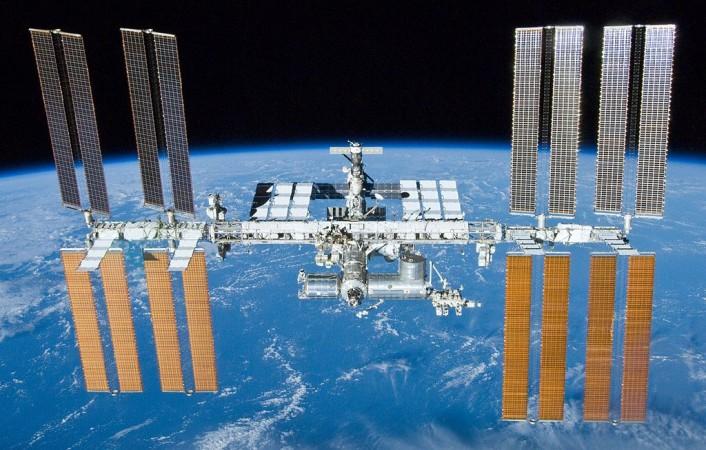
Long-term space travel can affect astronomers severely, causing a rare neurological syndrome, a new research has revealed.
Here are the top things to know about this neurological syndrome:
1. Caused due to exposure to microgravity for long time periods, this syndrome results in shifting the brain upwards which results in lowering the space between the top of the brain and the inner skull.
ALSO READ: Giant cave discovered on Moon which could aid human colonisation on the lunar surface
2. Dr Donna Roberts is the lead author of this study. She revealed that around 40 percent of astronauts returning from space missions complain about neurological issues.
Some of the problems faced by the spacefarers are migraines, blurred vision, increased head pressure and swollen optic disks.
NASA has defined these symptoms as visual impairment and intracranial pressure (VIIP) syndrome, and it has been recognised recently.

3. As part of the research, 34 astronauts underwent MRI scans before and after travelling to space. Out of these, 18 had gone for short journeys on US Space Shuttle, whereas 16 astronauts had gone to the ISS (International Space Station) for a longer mission of around three months.
ALSO READ: Interstellar celestial body spotted in our solar system for the first time!
"Exposure to the space environment has permanent effects on humans that we simply do not understand. What astronauts experience in space must be mitigated to produce safer space travel for the public," Roberts said after analysing the before-and-after results.
4. Researchers compared the results among the astronauts and they found confirmed narrowing of the brain's central sulcus, a groove in the cortex near the top of the brain that separates the parietal and frontal lobes.
A total of 94 percent of the spacefarers who took part in long duration flights and 18.8 percent of the astronauts on short-duration flights were affected by it.
ALSO READ: Really want to lose weight? Then keep THESE 5 ingredients away from your salad!
5. Longer stay by astronauts in space was linked to worse effects of VIIF compared to short-term travel astronauts, according to Robert's findings.
This condition is typically reversible when an astronaut returns to Earth and the body becomes accustomed to the new climate.
6. Some findings about the VIIP syndrome has left the researchers baffled, as not all spacefarers returning from long space missions suffer from alterations in their vision.
As per NASA researchers, some kind of biological underpinning in some astronauts makes them more liable to VIIP than others.
7. "This study is exciting in many ways, particularly as it lies at the intersection of two fascinating frontiers of human exploration - space and the brain," said study co-author and Department of Radiology and Radiological Science colleague Michael Antonucci, MD.
"We have known for years that microgravity affects the body in numerous ways. However, this study represents the most comprehensive assessment of the impact of prolonged space travel on the brain. The changes we have seen may explain unusual symptoms experienced by returning space station astronauts and help identify key issues in the planning of longer-duration space exploration, including missions to Mars," he concluded.

















